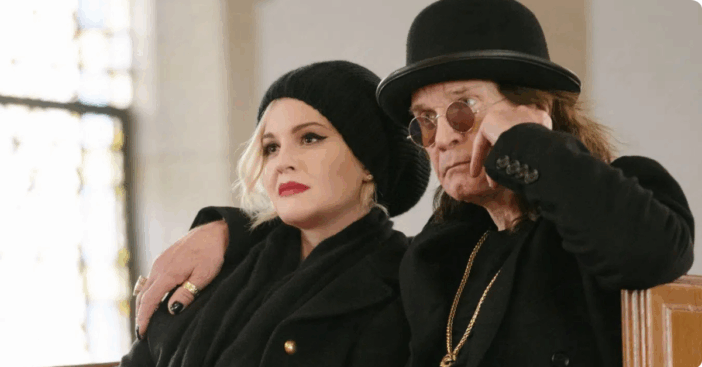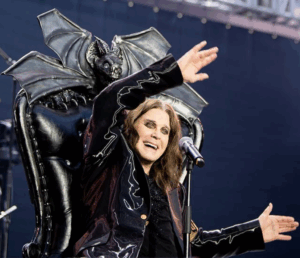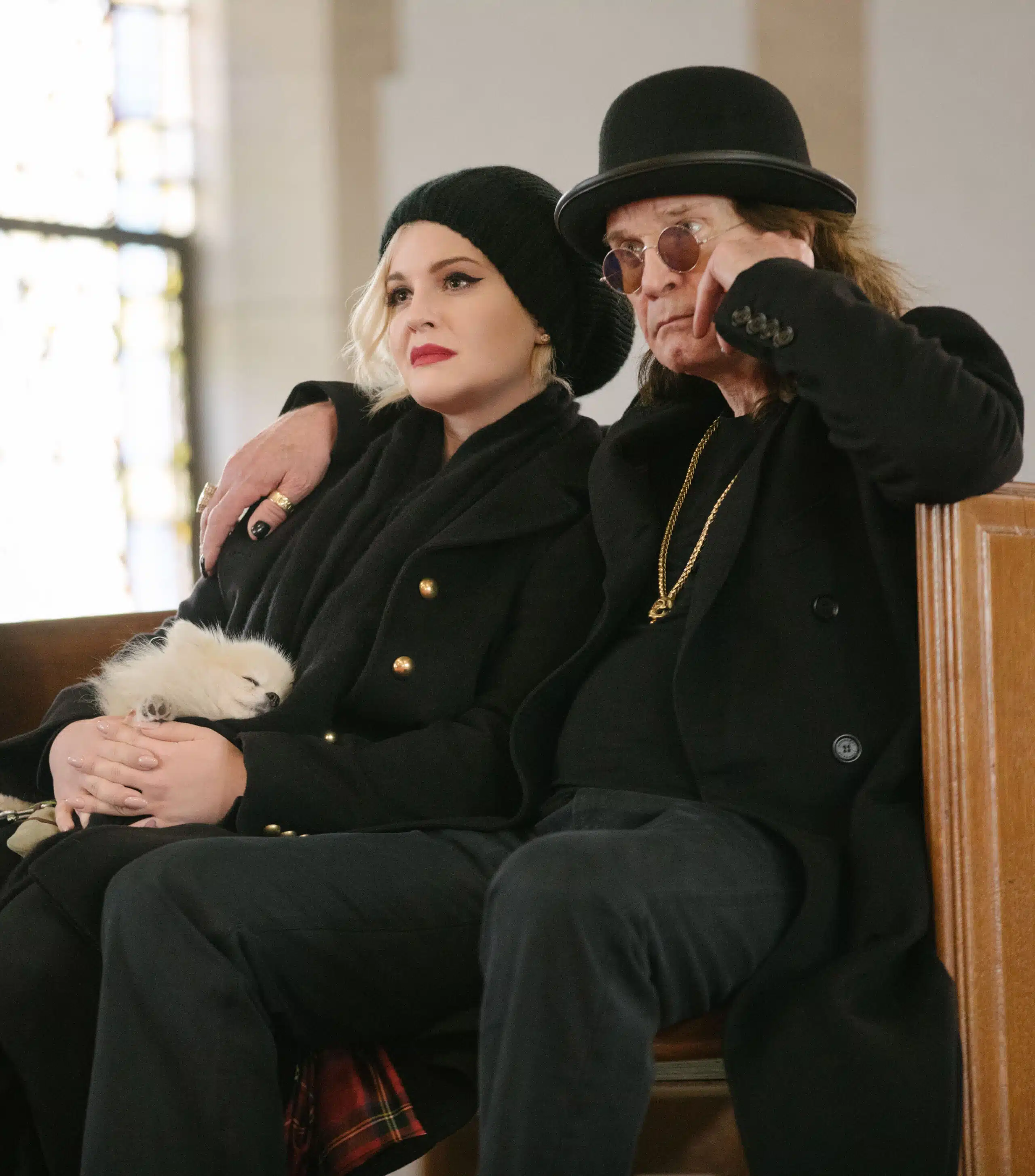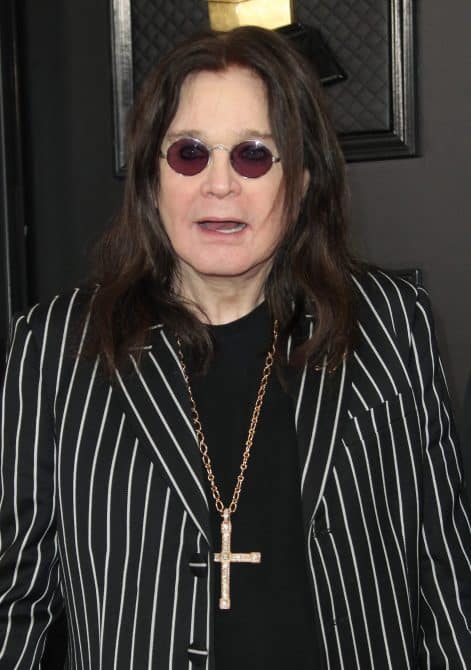
Before his death, Ozzy Osbourne was still haunted by his 1979 firing from Black Sabbath—a pain his daughter Kelly said he “never got over.” In the new documentary Ozzy: No Escape From Now, the Osbourne family opened up about the rock legend’s health struggles, his remarkable final performance, and the emotional weight of his past. According to Fox News, the film spans from Ozzy’s health decline in 2018 to his death on July 22, 2025.
Kelly Osbourne revealed that her father’s dismissal from Black Sabbath stayed with him until the end. “He’ll never get over getting fired from Black Sabbath,” she said. During the 1970s, Ozzy Osbourne fronted the band that defined heavy metal, earning the title “Prince of Darkness.” But his bandmates—Tony Iommi, Geezer Butler, and Bill Ward—eventually parted ways with him due to his substance abuse and creative differences. Despite that painful history, the group reunited for his final show earlier this year, closing a chapter that had begun nearly five decades before.
Ozzy Osbourne’s Final Battle And Farewell Performance

In his final months, Ozzy Osbourne faced severe health challenges, including a cracked vertebra, sepsis, and pneumonia. In Ozzy: No Escape From Now, he called his condition “crippling” but insisted on performing one last time. Sharon Osbourne, his wife and lifelong supporter, was by his side through it all, calling him “Iron Man”—a nod to one of Black Sabbath’s most iconic songs.

During his farewell concert in Birmingham, England, the 76-year-old rocker performed while seated on a black throne adorned with skulls and a bat. The 10-hour show, hosted by Jason Momoa, featured acts like Metallica, Guns N’ Roses, and Steven Tyler. Through the pain, Ozzy Osbourne thanked his fans, saying, “It’s so good to be on this stage… You have no idea how I feel. Thank you from the bottom of my heart.”
Remembering The Prince Of Darkness

In his final interview moments, Ozzy Osbourne reflected on his life, admitting, “I shouldn’t have lived past 40.” Despite his regrets, he acknowledged he’d lived “a great life.” The documentary ends with his children—Aimee, Kelly, and Jack—tearfully attending his memorial in Birmingham, laying flowers to rest for their father.

Even in death, Ozzy remains one of rock’s most influential figures, remembered for his music, resilience, and the unmistakable fire that kept him performing until his final days.
